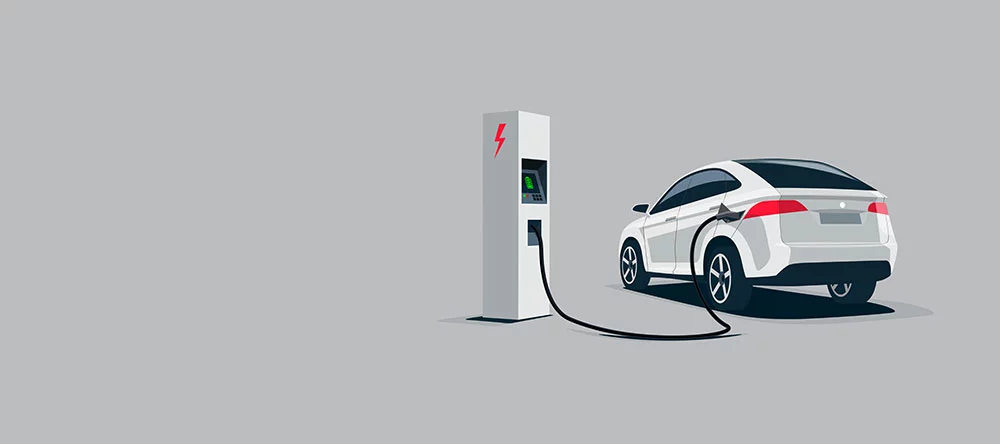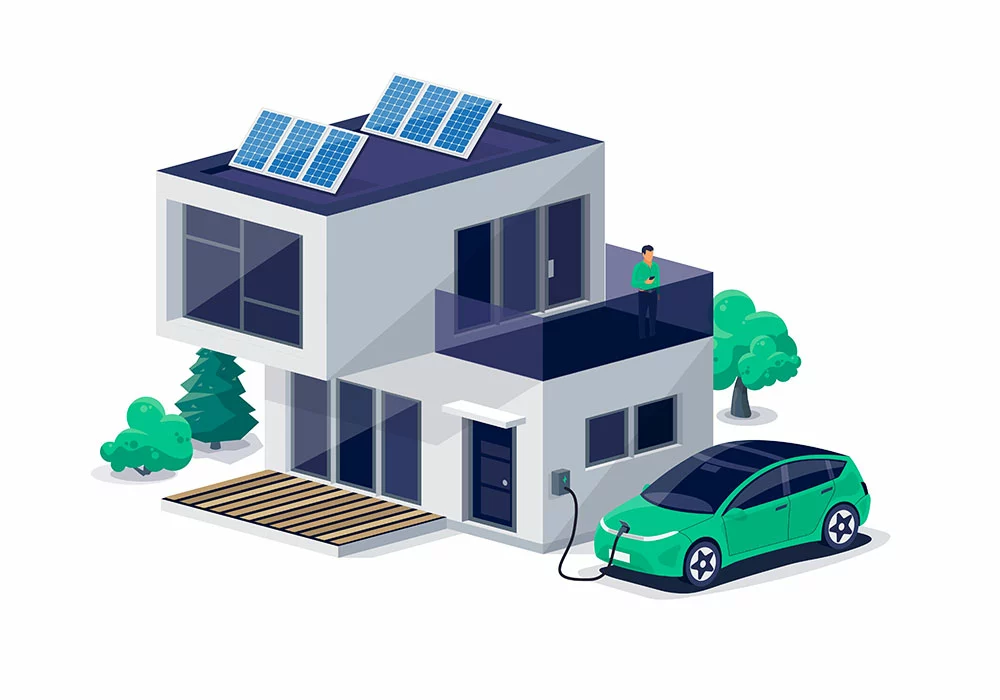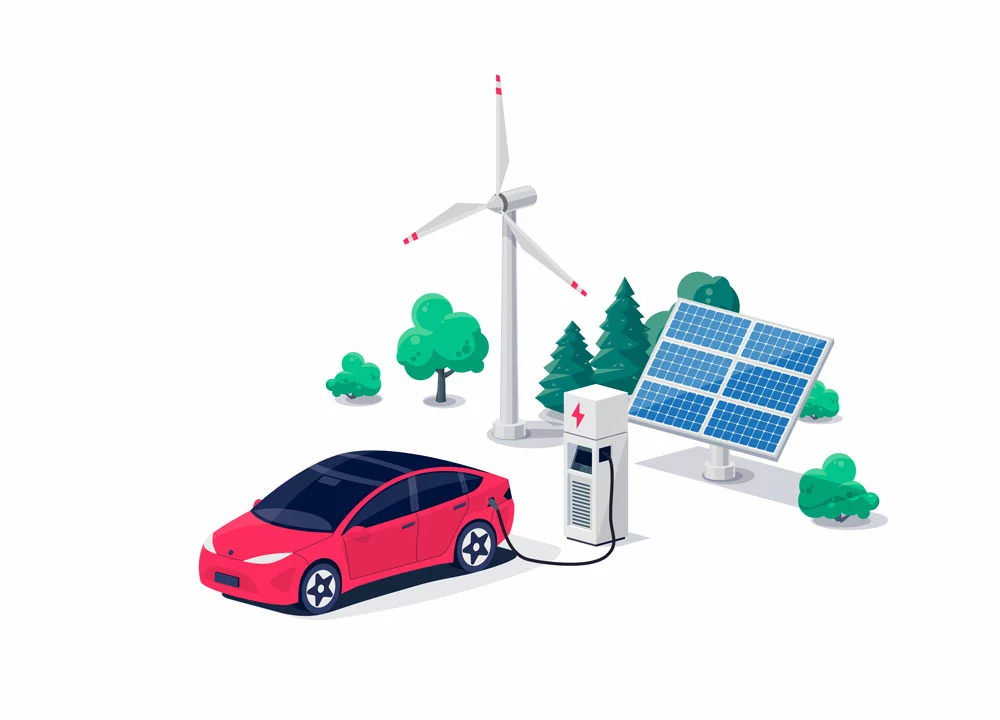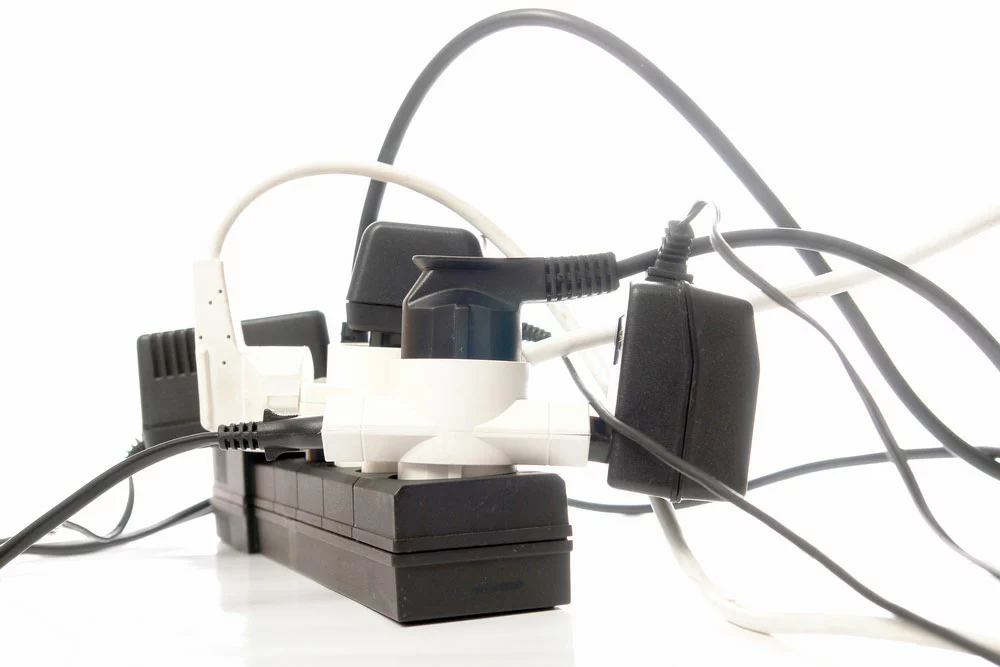Only recently has the 2-way charging technology emerged and is available in just a handful of EV brands. Many people may have yet to experience this new technology and need to learn what it entails. So, what is two-way charging, and how is it important?
We offer a guide that will tell you everything you’ve always wanted to know about 2-way charging. Read and learn.
What is 2 Way Charging?
2-way or bidirectional charging allows you to charge and discharge your EV simultaneously. You can charge your electric vehicle (EV) and transfer power stored in the EV battery to the grid or other energy-consuming destinations.
How Does Bidirectional Charging Work?
A two-way charging system is not simply a process as it may sound. It involves a complex power conversion.
The system converts alternating current (AC) from the grid into direct current (DC) to charge the car battery. You can transfer the stored DC battery power to the electricity grid or other energy-consuming destinations. Then, the system will have to convert the DC energy back to AC power.
Most bidirectional chargers have built-in DC to AC converters which do the conversion automatically. Your EV may have a built-in inverter as well.
Types Of Bidirectional Charging
Bidirectional charging can be classified depending on the destination of the electricity derived from EV batteries. The used cases are:
Vehicle To Grid (V2G)
Vehicle-to-grid involves electric vehicle batteries supplying power to the grid via a DC-to-AC converter-enabled charger. V2G can help balance local, regional, or national power needs through smart charging.
The system enables your electric vehicle to charge during off-peak hours and transfer back power to the grid during peak hours when energy demand is high. From the grid, you can supply the power to “everything.”
Cars usually stay in the parking 95% of the time. Using them to ensure enough energy in your grid makes sense.
Although only Ford F-150 Lightning and Nissan Leaf offer V2G capability, several automakers are already working on the technology.

Vehicle-to-grid power transfer
Vehicle To Home (V2H)
Electric cars can directly supply energy to a home or office through DC to AC converter-enabled charger. Like V2G, V2H also comes with a lot of benefits.
It can help to power your home during power outages. In addition, this method can help you save a lot if you pay the time-of-use rate.
You can resort to using power from your EV battery during high power demand and charge your battery when the demand is low. Ideally, you can charge your EV at night when power demand is low and use it during the day when power demand increases.

Vehicle-to-home power supply
Vehicle To Load (V2L)
You can use the battery in your electric car to power or charge your electric appliances. Such vehicles usually have built-in DC to AC converters and a standard power outlet.
You can plug your load into the outlet and use power from the battery. Some of the EVs with these capabilities include Tesla Cybertruck, Hyundai Ioniq, Ford F150 Lightning, Rivian R1T, Kia EV6, and Hyundai Ioniq.
Vehicle To Vehicle (V2V)
V2V involves transferring power between electric vehicles. How long your EV can stay with power after charging depends on various factors, including the efficiency of the vehicle, EV battery capacity, and outdoor temperature.
V2V charging is a perfect way to overcome this range. The feature enables an EV to donate power to another EV when necessary.
Only Lucid Air and Ford F150 Lightning have this capability so far. However, several EV automakers are working on this technology too.
Benefits Of Two Way Charging
Using an electric vehicle battery to power your devices has many benefits. The key benefits include the following:
Support Renewable Energy Usage
You can charge your EV battery using energy from windmills or solar panels when available and use the energy when wind and solar powers are limited. Solar and wind power are renewable sources of energy that are friendly to our environment.
However, these energy sources are unpredictable and can’t guarantee continuous power supply. For that reason, you can use your EV battery to bridge the gap.

Charging the EV using solar panels or windmills
Reduce Power Grid Overload
The grid destabilizes when momentary energy demand increases, as always during winter. This results in local overload and power shortages.
Two-way charging technology can help handle this situation in two ways. You can draw power from a charged EV battery to stabilize the power grid.
Secondly, you can directly use an EV battery to power specific loads by plugging it into an outlet. Either way is an effective approach to reducing power grid overload.

Power overload
Potential Utility Bill Savings
If your local utility company deals with the time of use, you realize electricity prices fluctuate widely during the day. Typically, the prices shoot when the demand is high and drop when demand is at its lowest.
You can arrange to use power from your EV battery when the demand increases. You can charge your EV from the grid when the demand goes down. This will save you a lot of money.
Backup Power During Blackouts
Power outages can last long sometimes. Do you remember the California public safety power shut-offs or the 2021 Texas Power Crisis?
If you have an EV with V2H capability during such a crisis, you can still power your entire home and live like nothing serious has happened. However, how many loads and how long you can power your home will depend on the battery capacity of the EV.
Uses Of Bidirectional Charging
In a nutshell, bidirectional charging enables you to do three important things:
- Charge your electric vehicle batteries when needed.
- Transfer energy stored in your EV batteries to the power grid to balance the momentary increase in the power demand.
- Power your loads, such as electric appliances, from your EV battery.
Summary
2-way charging in EVs offers several benefits, and several automaking industries are adopting it. Nisan is the leading brand, but others, such as Tesla and Volkswagen Group, are also building EVs that will help protect the electric grid shortly.
